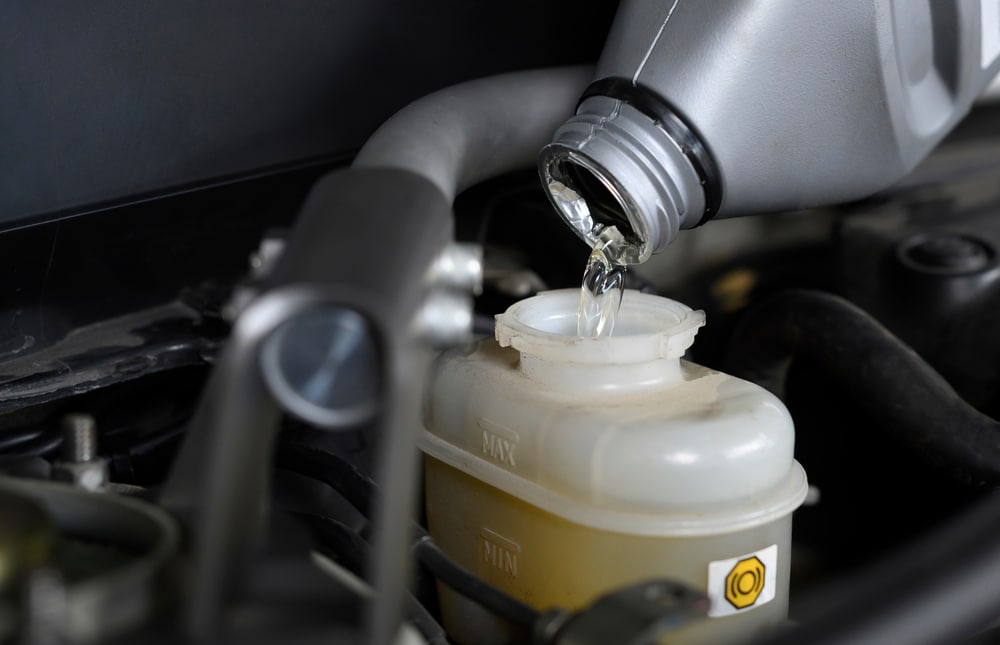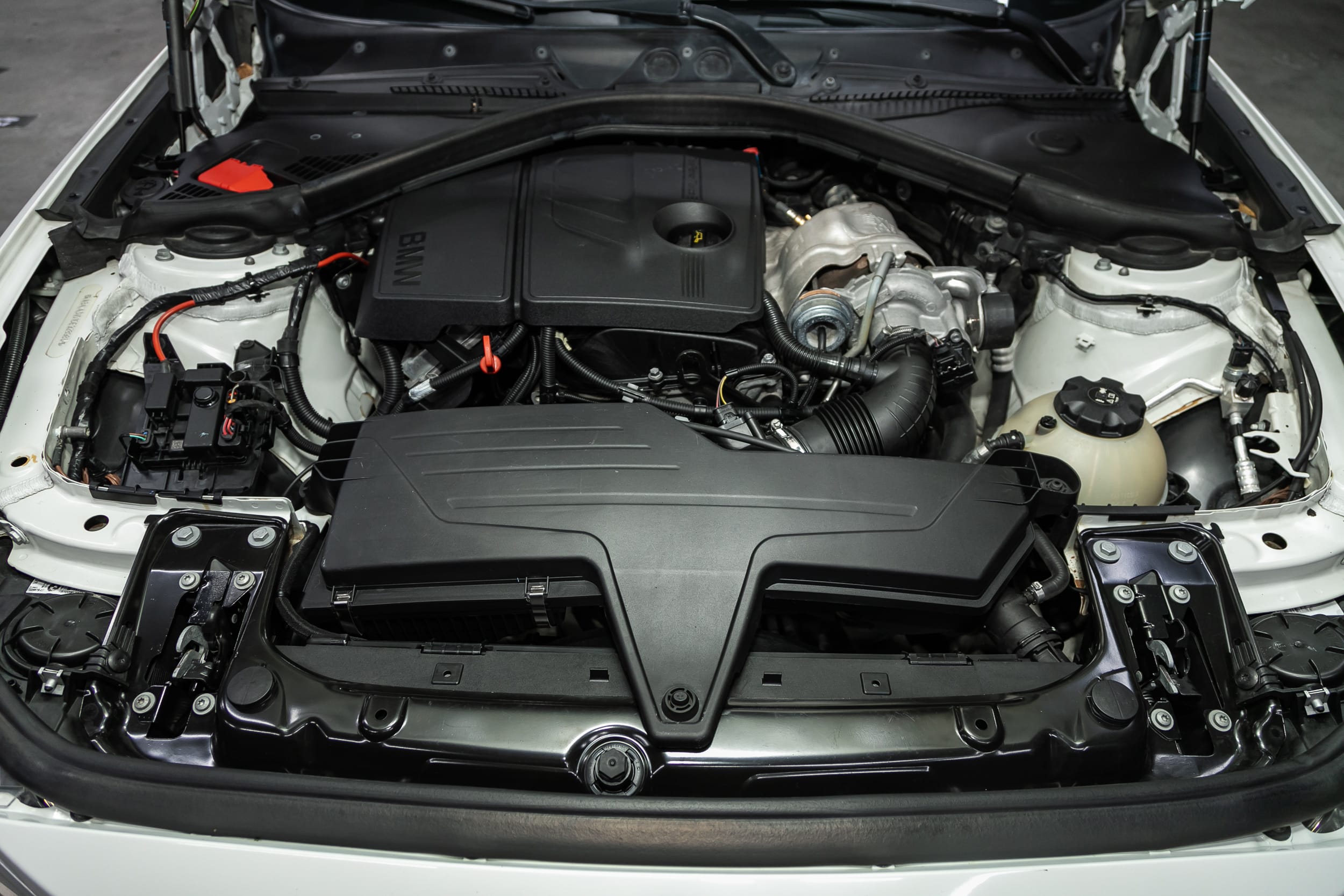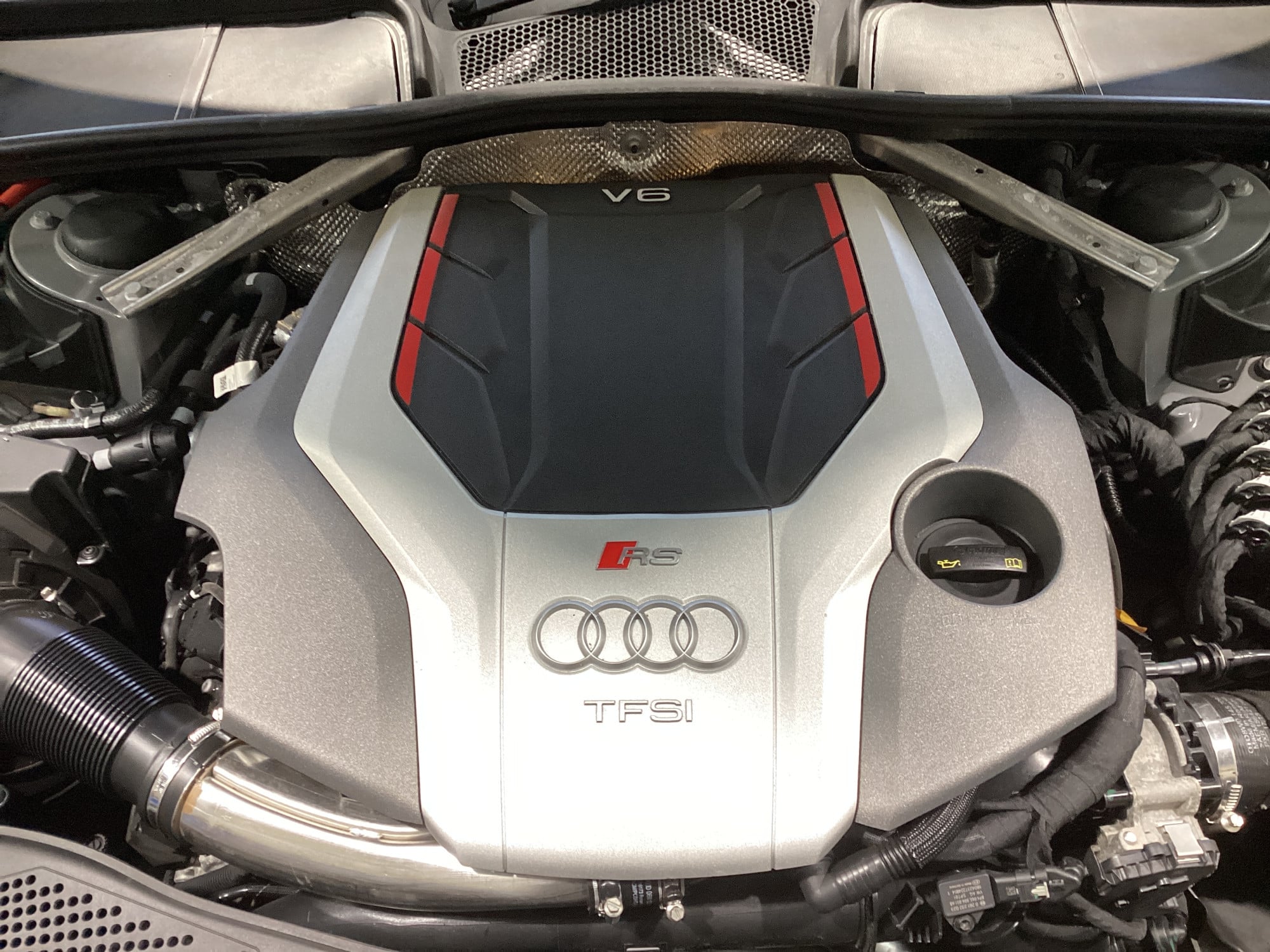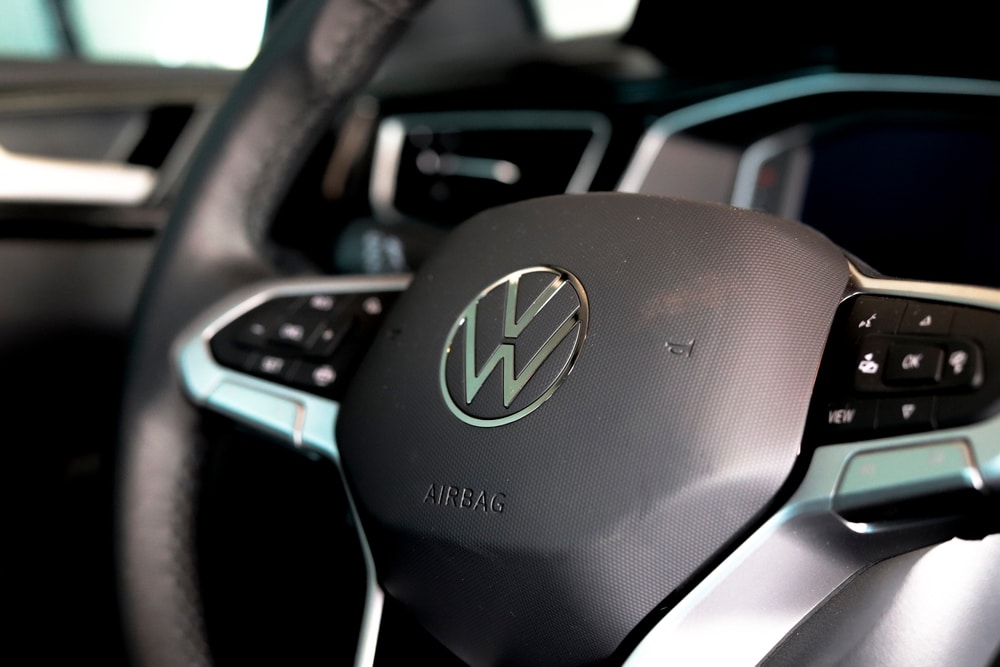Brake Fluid
Brake fluid is vital for creating the pressure that makes your vehicle stop, but it gradually loses efficiency as it absorbs moisture and is exposed to high temperatures. This can affect brake performance and overall safety if not checked regularly.
That’s why staying on top of brake fluid checks and replacements isn’t optional – it’s a key step in keeping you safe on the road.
At Quality Car Service, we provide brake fluid changes to manufacturer specifications, keeping your vehicle’s braking system operating at its best. Our expert team offers dependable service and advice. Call 01908 376555 today to arrange a brake fluid check or change.
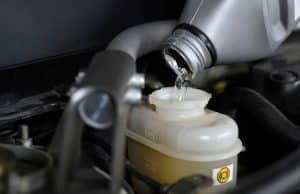
Understanding Brake Fluid
Brake fluid plays a vital role in how your braking system operates. It ensures a responsive brake pedal, shields critical components from wear, and allows the entire system to work effectively when you need it most.
As a hydraulic fluid, it transfers the force from your foot on the brake pedal to the braking components. Because it is incompressible, the pressure is transmitted instantly and accurately. Each time you press the pedal, the fluid delivers hydraulic force through the brake lines to callipers or wheel cylinders, pressing the brake pads or shoes against the brake discs or drums.
Brake fluid also helps to protect metal parts from corrosion and keeps moving components lubricated. Designed to withstand heat and pressure, it must be kept in good condition to ensure consistent, reliable performance.
What Brake Fluid Does When You Brake
Every time you press the brake pedal, brake fluid transforms that simple motion into controlled stopping power. You’re not directly pushing a mechanism onto the wheels. Instead, your foot activates a master cylinder, which compresses the brake fluid to create hydraulic pressure.
This pressure is transmitted through the brake lines to the callipers or wheel cylinders, forcing the brake pads or shoes to press firmly against a brake disc or drum. The resulting friction is what slows your car down.
When brake fluid is fresh and in good condition, it remains incompressible, meaning the pressure transfer is instant and consistent. This is what gives you the smooth, predictable braking response you expect.
Brake fluid also supports advanced systems like ABS and electronic stability systems, which rely on precise hydraulic performance to operate correctly. It may be a small component, but its role is fundamental to your vehicle’s overall safety and reliability.
Where Your Brake Fluid Reservoir Is Located
When you open the bonnet of your car, you’ll usually find the brake fluid reservoir positioned towards the rear of the engine bay, often on the driver’s side. It’s a small, semi-transparent plastic container designed for easy level checks.
Inside the reservoir is a rubber cap or diaphragm that prevents moisture and air from entering the system. This matters because brake fluid naturally absorbs water over time, which can lower its boiling point and reduce braking efficiency.
The translucent design allows technicians to quickly check the fluid level without removing the cap. However, to inspect the fluid’s colour or quality, the cap needs to be removed during a proper service.
While small, the brake fluid reservoir provides a clear indication of your braking system’s health. Any visible drop in fluid or change in appearance should be addressed by professionals like Quality Car Service.
The Key Differences Between Brake Fluid Grades
Brake fluid comes in different grades, and choosing the right one is vital to ensure your braking system performs safely and effectively. Each grade is designed for specific operating conditions, and using the wrong type can damage components or compromise braking efficiency.
Here’s a breakdown of the main brake fluid types:
- DOT 3 Brake Fluid – Glycol-based and commonly used in older cars without advanced systems. It has a lower boiling point and absorbs moisture over time, reducing its performance.
- DOT 4 Brake Fluid – The most widely used grade in modern vehicles. It offers a higher boiling point than DOT 3, making it ideal for systems with ABS or traction control. It is also hygroscopic, meaning it absorbs moisture over time and requires regular replacement.
- DOT 5 Brake Fluid – Silicone-based and non-hygroscopic, DOT 5 is often found in specialist or classic vehicles. It should never be mixed with DOT 3 or DOT 4, as this can cause seal failure and braking issues.
- DOT 5.1 Brake Fluid – Delivers similar high performance to DOT 5 but is glycol-based like DOT 3 and DOT 4, making it suitable for vehicles with high thermal demands.
At Quality Car Service, we ensure your vehicle receives the correct brake fluid grade for safe, consistent braking.
The Key Reasons Brake Fluid Loses Effectiveness
Brake fluid is a hardworking component, but it naturally degrades over time. Heat, moisture, and contamination all play a part in reducing its effectiveness, and if left unchecked, this can compromise the reliability of your braking system.
Let’s look at what can reduce the quality of your brake fluid:
Moisture Absorption – Brake fluid is hygroscopic, which means it absorbs water from the air, even through tiny pores in hoses and seals. As moisture builds up, the fluid’s boiling point drops, increasing the risk of vapour lock – where bubbles form inside the fluid, reducing its ability to transmit pressure during heavy braking.
Heat and Pressure – Every time you brake, the system generates extreme heat. Over time, this constant exposure causes the fluid to break down at a chemical level, making it less stable and less reliable under stress.
Chemical Stability and Additives – High-quality brake fluids are formulated with inhibitors to prevent corrosion and protect seals. These additives degrade over time, leaving metal parts and rubber components vulnerable.
Contamination – Tiny fragments of rust, rubber, or even a small amount of the wrong fluid can contaminate the system, reducing braking precision and damaging sensitive components.
Old or Incorrect Fluid – If the brake fluid is incorrect or overdue for replacement, it can impact systems like ABS and traction control. Everyday driving may feel fine, but under heavy braking, results can be dangerously inconsistent.
At Quality Car Service, we assess brake fluid condition during routine services and recommend changes at the correct intervals to ensure safe, consistent braking.
How to Know When Brake Fluid Needs Changing
Brake fluid won’t alert you with a dashboard warning, so understanding the early signs of deterioration is vital. Routine servicing at Quality Car Service ensures your brake fluid is inspected and replaced before any safety issues arise.
Here are common indicators that your brake fluid may need attention:
- Spongy Pedal Feel – If your brake pedal feels softer than usual or takes more effort to press, this could mean that moisture or air has entered the fluid, reducing its pressure transmission.
- Dashboard Warning Lights – Some cars show ABS or brake system lights when fluid levels are too low or pressure becomes uneven. These signals should be checked immediately.
- Burned or Chemical Smell – A harsh or burnt smell when the reservoir cap is removed suggests the brake fluid has deteriorated and requires replacement.
- Fluid Discolouration – Healthy brake fluid is clear or lightly coloured. Dark or cloudy fluid often means contamination from rust, debris, or moisture.
If you notice any of these warning signs, book a brake fluid check with Quality Car Service. Our experienced technicians will ensure your braking system remains safe and responsive.
The Risks of Ignoring Brake Fluid Maintenance
Brake fluid gradually absorbs moisture and degrades under heat, which can quietly reduce its performance. If this is left unchecked, your braking system may become unpredictable, especially during sudden or heavy braking.
What begins as minor changes, like a softer brake pedal or longer stopping distances, can quickly escalate. Contaminated or old fluid can also corrode seals and metal components inside the system, leading to expensive repairs or even brake failure. Staying on top of checks and replacing the fluid as recommended is the most effective way to avoid these problems.
At Quality Car Service, we include brake fluid checks as part of routine servicing. Timely replacement is a small step that makes a big difference, ensuring your braking system remains effective and keeping you safe on the road.
Trusted Brake Fluid Checks and Changes
Brake fluid is vital for the performance and safety of your braking system, but it doesn’t stay effective forever. Over time, it absorbs moisture and loses its ability to transmit pressure, which can lead to longer stopping distances or brake fade. Regular brake fluid checks are the simplest way to avoid these risks.
At Quality Car Service, we offer professional brake fluid checks and replacements, using the correct specification recommended by your vehicle’s manufacturer. Our experienced team ensures your braking system is always in top condition, giving you complete peace of mind.
Why choose Quality Car Service?
✔ Manufacturer-approved brake fluid
✔ Expert technicians with years of experience
✔ Brake fluid inspections included in servicing
✔ 12-month parts and labour guarantee on all work
If you’ve noticed a change in your braking feel or it’s been a while since your last service, book your brake fluid check with Quality Car Service in Milton Keynes today.
